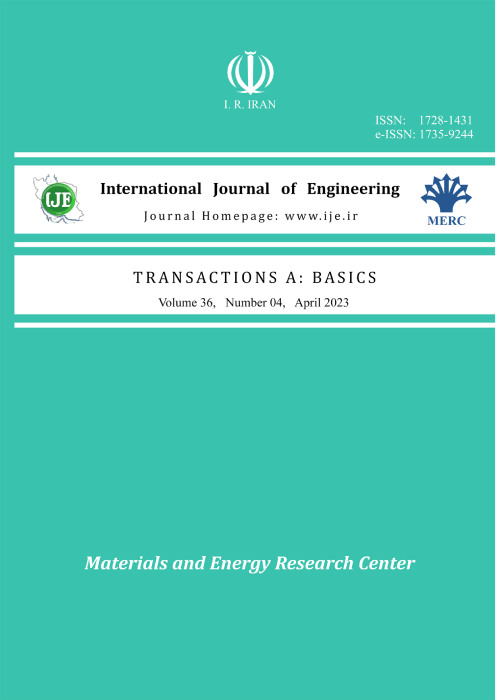Investigating Effect of Friction-yielding Top Plate of Rigid Connections on Seismic Response of Special Moment Frames
Author(s):
Article Type:
Research/Original Article (دارای رتبه معتبر)
Abstract:
Acceptable seismic performance, ease and low cost in design and implementation are advantages of passive dampers, but fixed performance parameters corresponding to the type and amount of input energy reduce their efficiency. In this research, a new two-level passive damper in rigid connections with variable stiffness, strength, and energy absorption capacity is introduced and its seismic performance in 5, 10, and 15-story steel frames is evaluated with nonlinear dynamic analysis using SAP2000 software. The results show that, despite the different dynamic parameters in the selected seismic records, such as the frequency content and duration of ground motions, the performance of the structures under all earthquakes has improved significantly, which confirms the effectiveness of the proposed damper in rigid connections on improving the seismic performance structures. Besides, results prove the proposed damper effectiveness on decreasing the structural response such as maximum displacement and base shear. The average displacements reduced by 61%, 51% and 16% compared to those of BSEEP-4ES connections for the 5, 10 and 15-story frames, respectively. Besides, maximum base shear forces reduced by average of 29% and 15% compared to those of BSEEP-4ES connections for the 5 and 10-story frames, respectively.
Keywords:
Language:
English
Published:
International Journal of Engineering, Volume:37 Issue: 8, Aug 2024
Pages:
1580 to 1591
magiran.com/p2711344
دانلود و مطالعه متن این مقاله با یکی از روشهای زیر امکان پذیر است:
اشتراک شخصی
با عضویت و پرداخت آنلاین حق اشتراک یکساله به مبلغ 1,390,000ريال میتوانید 70 عنوان مطلب دانلود کنید!
اشتراک سازمانی
به کتابخانه دانشگاه یا محل کار خود پیشنهاد کنید تا اشتراک سازمانی این پایگاه را برای دسترسی نامحدود همه کاربران به متن مطالب تهیه نمایند!
توجه!
- حق عضویت دریافتی صرف حمایت از نشریات عضو و نگهداری، تکمیل و توسعه مگیران میشود.
- پرداخت حق اشتراک و دانلود مقالات اجازه بازنشر آن در سایر رسانههای چاپی و دیجیتال را به کاربر نمیدهد.
In order to view content subscription is required
Personal subscription
Subscribe magiran.com for 70 € euros via PayPal and download 70 articles during a year.
Organization subscription
Please contact us to subscribe your university or library for unlimited access!


